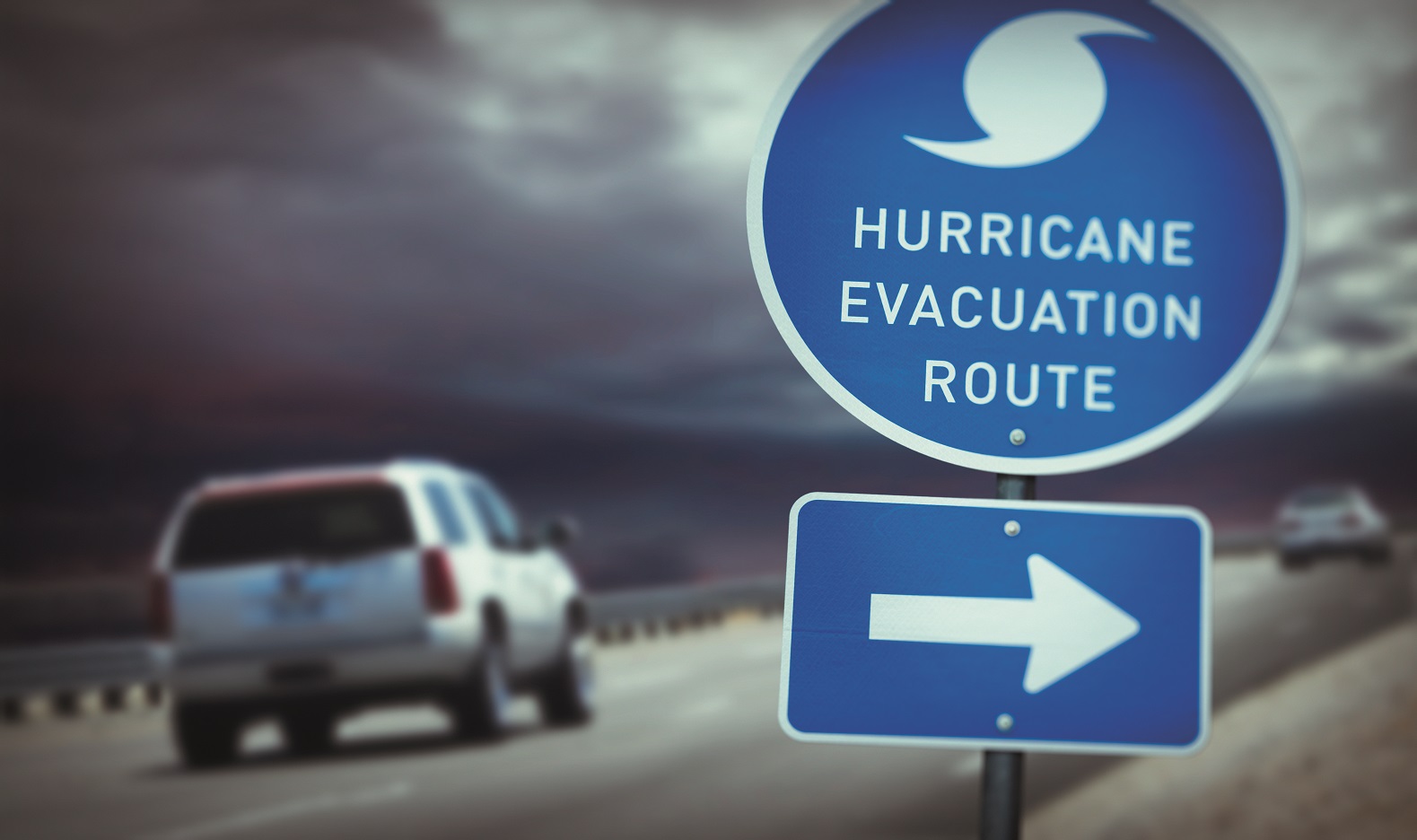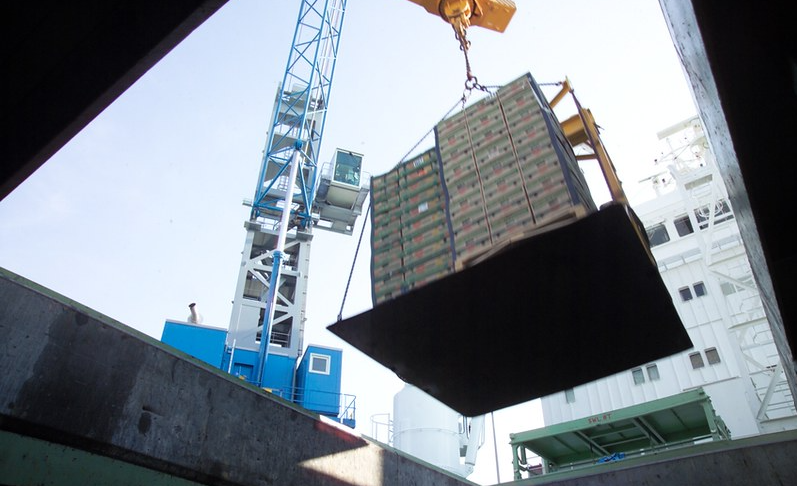After six years of above-average seasons, catastrophe risk experts from Allianz Global Corporate & Specialty and Allianz Re anticipate this trend to continue in the 2022 Atlantic hurricane season, which officially starts tomorrow.
According to the latest available forecasts, the 2022 season is expected to be above the 1991-2020 average, with 14 to 21 tropical storms and 6 to 10 hurricanes (including 3 to 6 major hurricanes).
The 2021 Atlantic hurricane season saw a total of 21 named storms, of which seven were hurricanes (4 reached a major hurricane status). The number of named storms well exceeded the average of 14 and the total number of major hurricanes is also slightly above the average of three. The 2021 hurricane season was the third most active season on record, as well as the third costliest after 2017 and 2005. In late August, Hurricane Ida caused widespread damage in the Caribbean before devastating the coast of Louisiana, generating record rainfall in various locations, and flash flooding in the north-east US, resulting in insured losses of US$36bn.
“The main factors contributing to an above-average hurricane season in 2021 included La Niña, above-normal sea surface temperatures early in the season, and above-average West African Monsoon rainfall,” said AGCS catastrophe risk research analyst Mabé Villar Vega.
“There is no clear scientific consensus on whether climate change will result in a net increase in the frequency of tropical storms,” added Bastian Manz, senior climate risk analyst at Allianz Re. “However, there is more certainty that high-intensity storms will become more frequent, indicating the potential for greater wind and storm surge damage.” Scientists also believe that climate change will make hurricanes wetter, increasing the risk of flooding. In addition, the strength of a storm becomes harder to predict, as storms intensify in a short space of time. The wind speeds of Hurricane Ida increased by 55mph in the 24 hours before landfall in Louisiana.
AGCS is advising businesses to prepare themselves for the prospect of another above-average hurricane season, as, while windstorms cannot be prevented from occurring, losses can be greatly minimised by adequate preparation and emergency planning.
Printed Copy:
Would you also like to receive CIR Magazine in print?
Data Use:
We will also send you our free daily email newsletters and other relevant communications, which you can opt out of at any time. Thank you.













YOU MIGHT ALSO LIKE